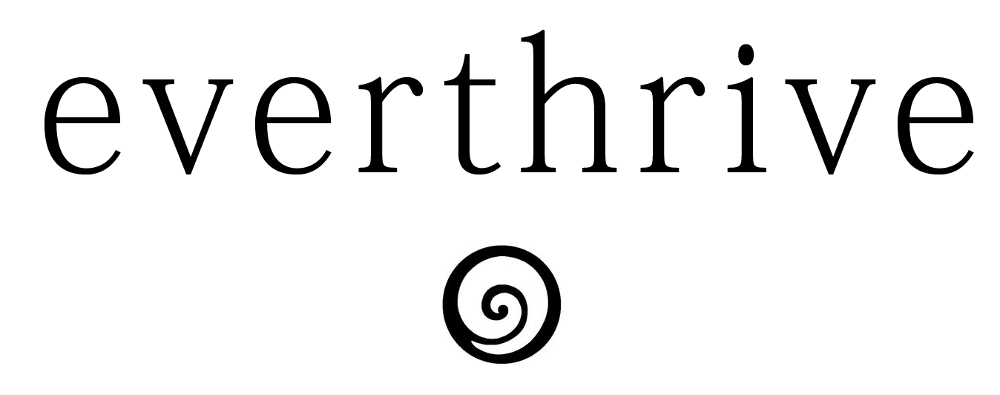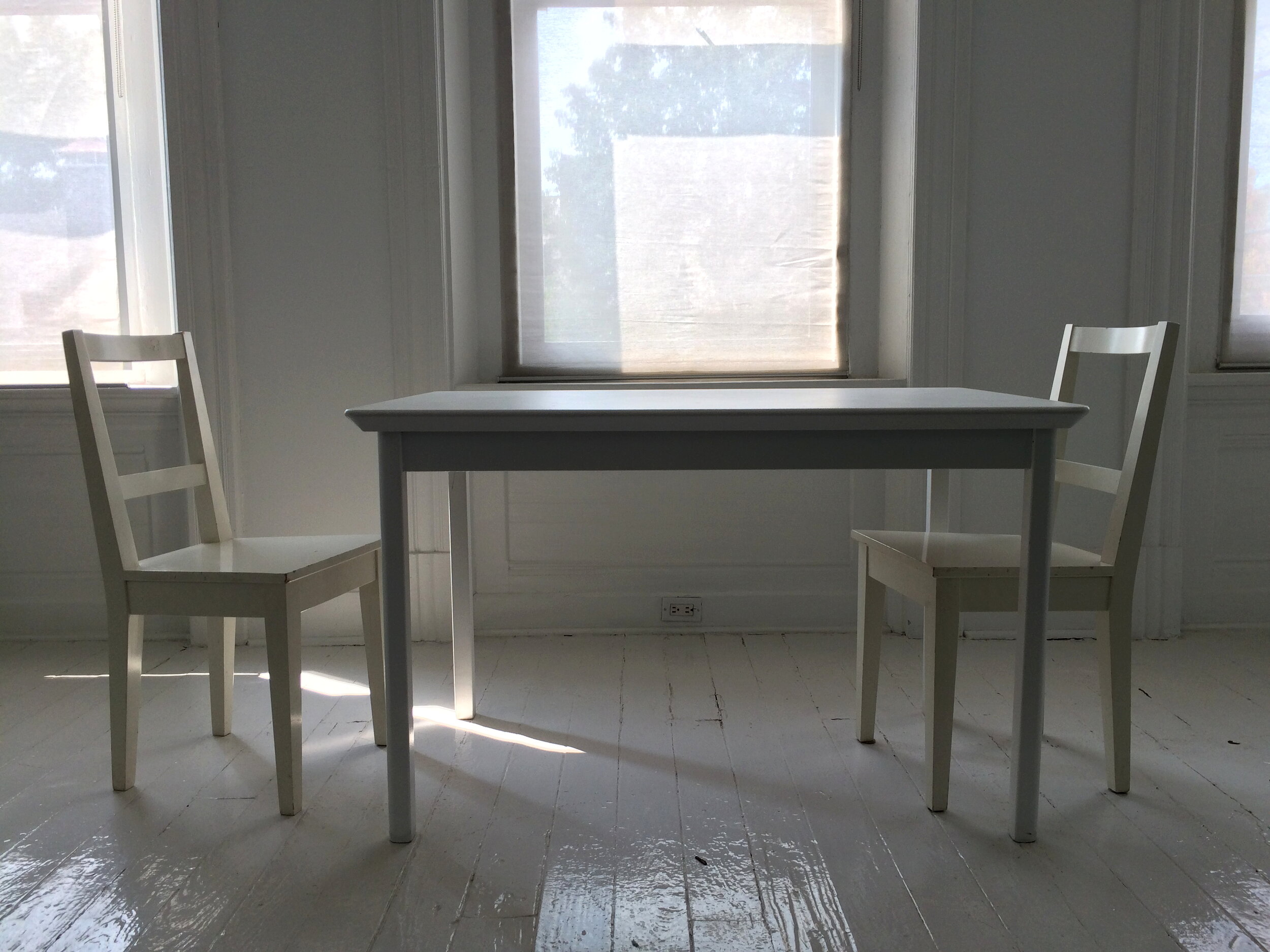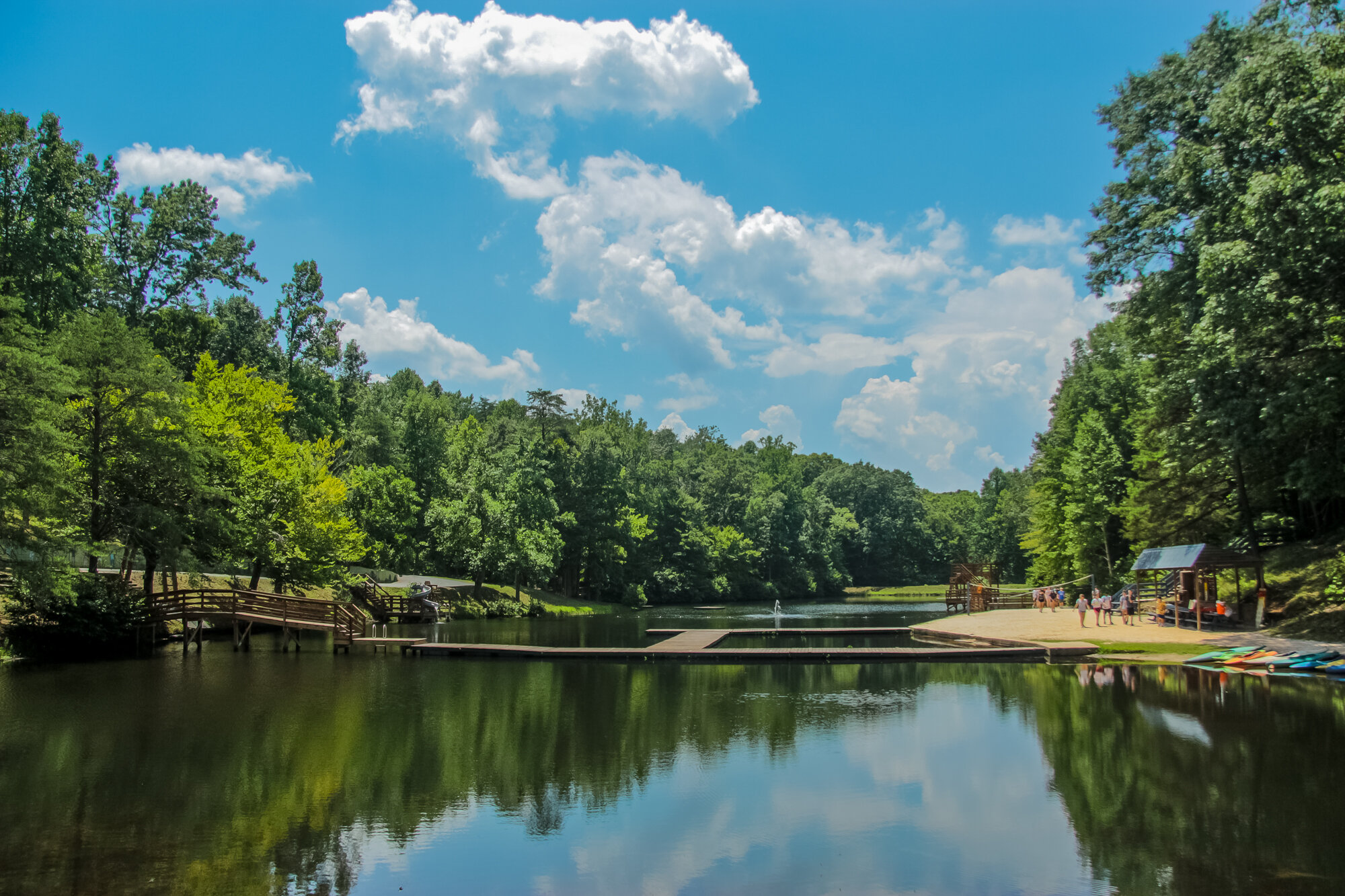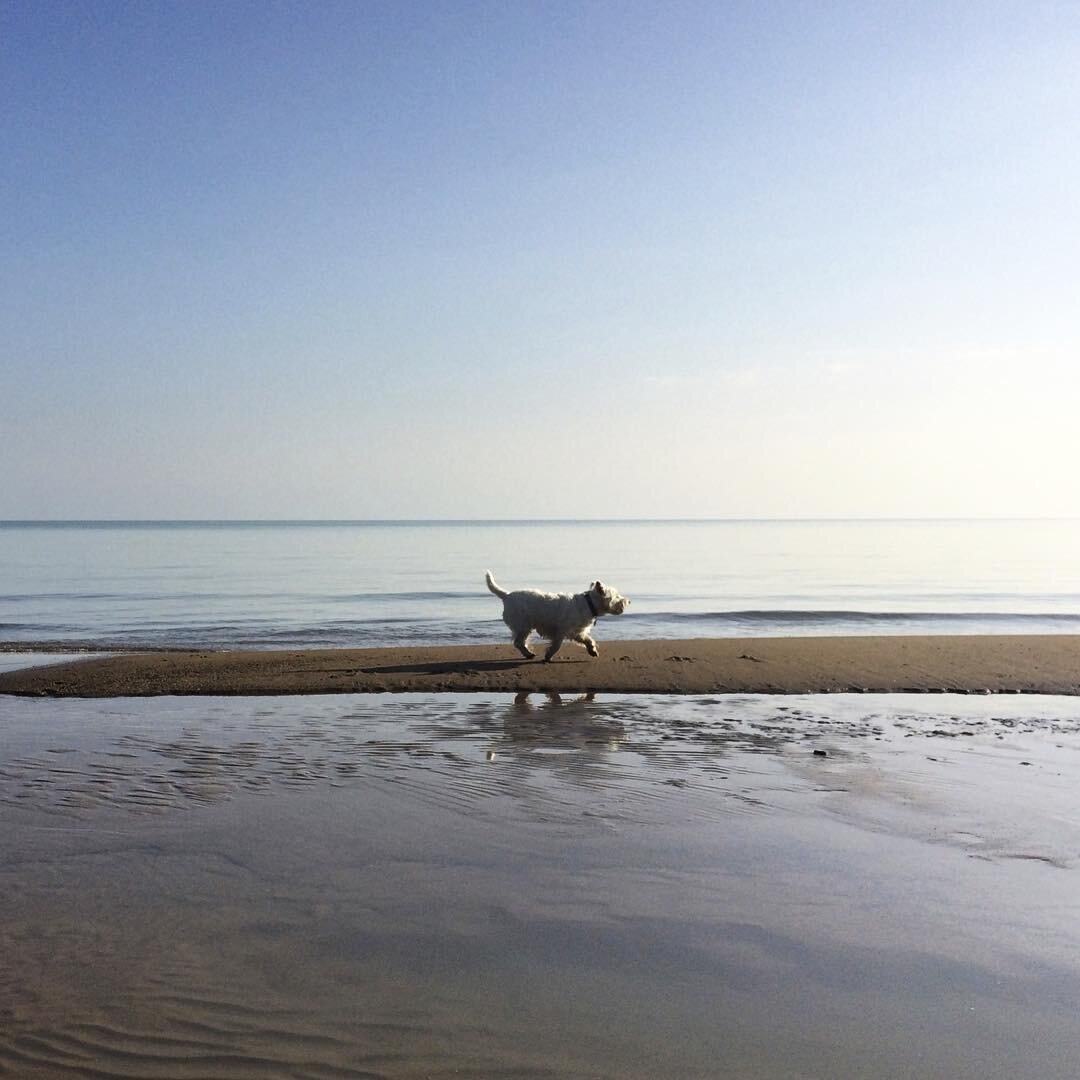11 Different Perspectives on Living a Simpler Life
When I started out on my journey towards a simpler life, I wasn’t aware of anyone else who was attempting the same. It seemed most people in my life were interested in accumulating “more, bigger, better, and expensive” things. Impulsivity in spending was respected. Spending $40-$60 dollars on a single meal at a restaurant was normal, and having at least 3 cocktails was expected.
As I gradually loosened my grip on “things” while researching the “why” behind my actions, I came across a small but mighty group of individuals hoping to do the same. Some like Marie Kondo, Colin Wright, and The Minimalists stood out at the time (2015) since they had such a large online footprint and a vast catalog of tips, tricks, philosophies, and strategies.
After reading a few of The Minimalists’s books, and attending their live show in Denver (2017), I was convinced further of their authority on the subject.
But I was skeptical. These two men, Joshua Fields Millburn and Ryan Nicodemus are experienced speakers, business people, and know exactly how to market and sell their concepts. The same can be said for Marie Kondo, whose empire is built on selling people organization strategies and a “collection of items that spark joy” in her online store KonMari.
I couldn’t help but wonder - where were the “regular” people doing “minimalism”? Are there people out there who wear other things than jeans and black t-shirts? Where were the families pursuing simple living with young kids? Is color permissible? How many coffee mugs are allowed? Where does minimalism end and psychological disorder begin?
To my great relief, I’ve discovered and connected with what I like to call Realistic Minimalists. These individuals come from all kinds of family units, backgrounds, and some have very different ideas of what minimalism should be. They are all on minimalist journeys, with different goals, and different rationales/philosophies. But, they all have one thing in common: pursuit of Less in order to enjoy a life of More.
Through my Realistic Minimalist community, I’ve learned that minimalism is different for everyone. Minimalism shouldn’t be expensive; it shouldn’t be able to be purchased at the store. Our homes can be canvasses for our lives, reflecting our personalities, and they can be as colorful or as neutral as we want them to be.
I’ve compiled brief synopses of 11 different perspectives on living a simpler life below. Each of them offers a specific benefit to decluttering, reducing distractions, and choosing to focus on the essential. Whether you’re interested in simplifying your life, or you’re in the midst of a minimalist journey yourself, I hope you’ll find these stories inspiring in some way.
What specific benefit have you experienced by decluttering, reducing distractions, and choosing to focus on the essential?
Diana
When our daughter was born, I was diagnosed with postpartum depression and anxiety. I have always had a higher baseline level of anxiety throughout my life, but this was debilitating. I was overwhelmed. Through therapy work and a lot of soul-searching, I discovered simple living and minimalism.
Having less and doing less has become a form of medication for me - a balm for my soul. With less clutter in my environment, I have less clutter in my mind. This is not to say that our home and our schedules are always perfectly clear and in order, but owning less and learning to say “no” has created a buffer for our family. It gives us more space to slow down – more space for LIFE.
Diana is married and a stay-at-home mom of one, plus a dog. She used to work as a CPA in tax accounting, but decided to stay home with her daughter. She wouldn’t have it any other way. Visit her on Instagram at @my.slow.journey
Amanda
My simplicity journey started during PPD after my 2nd child was born. I said enough to the stuff and started to find joys of a more slow, simple, & happy life. I have more space to focus on what matters now. I can spend more time with my kids and nature. Becoming debt free is real now because I am a more conscious consumer. I am so grateful for the little things. I am still a work in progress and I embrace that now. It’s a mindset shift that has improved my life all because I decided to get rid of some stuff.
Amanda is a former RN, now a stay-at-home-mom of three children. She’s always learning how to live more simply, and loves sharing her knowledge with others. Some of her hobbies include hiking, sewing, and going to the beach. Visit her on Instagram at @slowsimplehappy
Crystal
I got rid of 85% of my closet, and now I feel lighter. It’s infinitely easier to pick an outfit to wear and I only own clothes I love. I kept clothes, accessories and shoes:
in the best condition
that I feel like myself in (true to my personal identity and style)
that I feel my best in
I also got rid of excesses this way, so 3 black pairs of skinny trousers became:
one 3/4 pair of leather trousers with zippers &
one pair of full length skinny jeans I don’t need a belt with.
I got rid of the third pair, which was similar to the second, but needed a belt and so I didn’t feel my best in.
Crystal is the founder of @thegourmetgorgeous, where millennials can find information on how to achieve optimal health through nutrition, fitness, and peace of mind. She left legal and international offices to pursue a life based on helping others and living simply. You can find Crystal on Instagram at @lovefreedomcrystal and @thegourmetgorgeous.
Ang on the right, with her wife Sporty
Ang
Since shifting to a minimalist lifestyle in 2008, my wife and I have enjoyed numerous benefits. We have more leisure time and our finances are no longer a mess.
However, for me the biggest eye-opener came when I cleaned out my parents' home after helping them move into a retirement home. They had so much clutter! My biggest piece of advice for people of any age would be to consider the clutter legacy you're leaving behind. If something were to happen to you (it's a little morbid I know, but it's worth thinking about), would your family be left with an enormous mess to clean up? This article elaborates. And, my TEDx talk goes into a little more detail on what it felt like to clean out my parents' home.
Ang, a self-proclaimed minimalist urban hippy, lives with her wife in South Africa. She’s the co-founder of Mostly Mindful, where you can find a plethora of knowledge about what it’s like to pursue a life of less.
Erin
It is said that if you really want to see the state of a person’s heart, look at their checkbook and it will show you what they value the most.
I would say that this was true for me only you could’ve seen the state of my heart better by looking at my calendar. It was packed with commitments, most of which I didn’t care about and several of which I hated.
Since becoming a minimalist, I’ve learned that what I truly value is my family. I value the increase in time I get to spend with them, the important memories I’m making with them, and the new experiences I get to share with them. When I had more stuff, and worse more commitments, I ended up placing all of those above what mattered the most to me, my family.
Erin is a Simplicity Coach at Starting Simple, where you can find her blog of helpful advice and strategies to minimize and simplify at any stage of life. She is a mother of three and lives with her husband in Houston, TX. Find Erin on Instagram at @minimalistmetoo.
Zachary
Focusing on the big wins by decluttering and and eliminating the less important distractions has allowed me to create the kind of content and pursue the projects I most want to pursue.
Through minimalist habits, I’ve been able to write over 150 articles and record and produce over 200 podcast episodes while still making time for my career as an instructional designer and part-time philosophy teacher at the local community college, while also devoting myself to family and other interests.
To me, cutting out the non-essentials to get more time on the projects I love and the achievements I hope to reach is part of living a rich, full life. But it depends on being willing to cut out the clutter and the noise to have time for the things that matter most to me.
Zachary is an instructional designer, educational technologist, online educational content developer and author, philosophy instructor, poet, and podcast host, with nearly 20 years of experience in higher education, both in the classroom and in the education technology industry. You can find him on Instagram at @zacharyfruhling, as well as on his website www.zacharyfruhling.com.
Mel
Reducing distractions and focusing on essential has freed up time in our day to focus more on family instead of the clutter that never looks clean. It has cut our stress in half.
Reducing the use of technology has help our whole family realize how much we look down at our devices and not at the world around us. We limit TV and tablet time usually to weekend. We keep our children’s minds on imaginative play. We also gave most of our toys away. Having less to play with has caused the children to play with the toys they do have.
Mel is a fitness coach who lives in Ontario, Canada with her family. You can find her on Instagram and also through her website.
Sam
A clutter-free approach allows me to pursue that which is most important: family, food, fitness, fiddle, and French. These are my five focus points, and they are the foundation of my day. A simple system, my focus points help me limit distractions and act intentionally. With a clear understanding of the essential, I am better able to align my actions with my values.
A Boston native, Sam moved to Colorado in 2001. He is a violinist who performs throughout the state and teaches music from his home in the Fort Collins neighborhood of Quail Hollow (Sam is my next door neighbor!). He has earned degrees in Music Education and Culinary Arts, so when he is not playing violin, Sam can be found in the kitchen enjoying plant-based creations with his wife Krista. Contact him via his website at www.colemusicllc.com.
Rachael
Being surrounded by clutter the majority of my life has always been a stressor. Once I took the time to imagine my life and what I wanted to surround myself with, it became easier to let go of things I didn’t use, instead of just saving them for that “once in a blue moon” time. Decluttering is such a relief; it’s like a weight being lifted. I still have some work to do but minimizing is a life-long process.
When I imagine my life, I not only think about the tangible but I also consider my daily thoughts. I’ve gained an unshakable faith that anything is possible by reducing any negative fear-based thoughts on the “what ifs.” I’ve found that it’s possible to be prepared for any challenge if I visualize a positive outcome. For example, I ordered baby gates without measuring the doorways. I was prepared to take them back but then they arrived and I saw that they both fit perfectly!
I’ve found by mindfully giving more focus on the “what could be” rather than the “what if,” life can truly be whatever I want it to be. I will always continue to grow and learn as others do the same. This life is all about progress, not perfection. It is my goal to live a life with less material things so I can have more adventure, live more sustainability, and gain more positivity.
Rachael is a 28-year-old, soon-to-be mom with hopes of reducing landfill waste, reusing as much as she can, and recycling by buying used and secondhand when possible. Fun fact! She is my sister-in-law, and our babies will be arriving only four days apart. Find her on Instagram at @trueoptimism
Kelly
For me, living a more minimalistic lifestyle has had a drastic impact on various areas of my life.
My journey literally started when I was standing with a ginormous to do list in the kitchen. Not knowing where to start, I felt completely overwhelmed. I knew there was a better way.
Decluttering our home shortly after was the start, and from there I began to find more peace in my mind and our home.
I discovered a simple planning method that brought more peace and direction in my life that helped me to see how unrealistic I was being. Having less in our home helped me see I needed less on my plate too. Seeking less, and having less on my plate really helps to reduce distractions and encourage intention with everything I do.
Living minimalistically isn’t a “one and done thing.” It's been a journey. And I'll never arrive. It's one foot in front of the other and staying in touch with what matters most.
Kelly is a mother of four children and lives on the beautiful east coast of Canada. She’s a former elementary teacher turned stay-at-home, work-at-home mom. She enjoys helping busy moms simplify home life by learning flexible planning methods + skills. Learn more on her website! You can also find her on Instagram at @eastcoastkelly
Dianna
Deliberately choosing to live with less has improved many areas of my life. So many of these benefits are intertwined. The obvious benefits have been a cleaner, more peaceful home, more quality time with people I love, more time to learn new skills and work on personal development, and more contentment and joy in each day.
I have the financial freedom to be a stay at home mom, we’ve been living mostly debt free (hope to be mortgage free within the next few years!), and I have more time and money to make healthy decisions like exercising consistently. Through minimalism, we are able to make better quality food choices, spend more time outdoors, and less worrying about trivial things. These benefits not only help me and my family, but they also help me to focus on my relationship with God, and save more money to give for the benefit of God's kingdom.
Dianna is on a mission to live a simple, slow, more laid-back life in this crazy fast paced world. She is passionate about a host of things, but for her, “it really all comes down to living a healthy, meaningful and purpose driven life that brings God glory.” She’s been on a debt free journey since her first year of marriage 9 years ago. Since her daughter was born 5 years ago, she has made some drastic changes to live a simpler life. Learn more about her journey here! You can also find her on Instagram at @slowonpurpose.
Minimalism is a frame of mind. It’s different for everyone, but the concept is grounded on a decision to work toward a life that fits. A life that allows the inner you to shine. A life that somehow makes you shine brighter than ever before.
Do any of these journeys resonate with you? Perhaps you too have had a unique experience involving decluttering, reducing distractions, and choosing to focus on the essential. I would love to hear from you! Please leave a comment below, or email me at ali.everthrive@gmail.com.
As always, thank you for reading, and have a wonderful day.
Ali
Realistic Minimalism: where your office can still include shelves, plants, children’s books, and the regular ephemera of life.



































